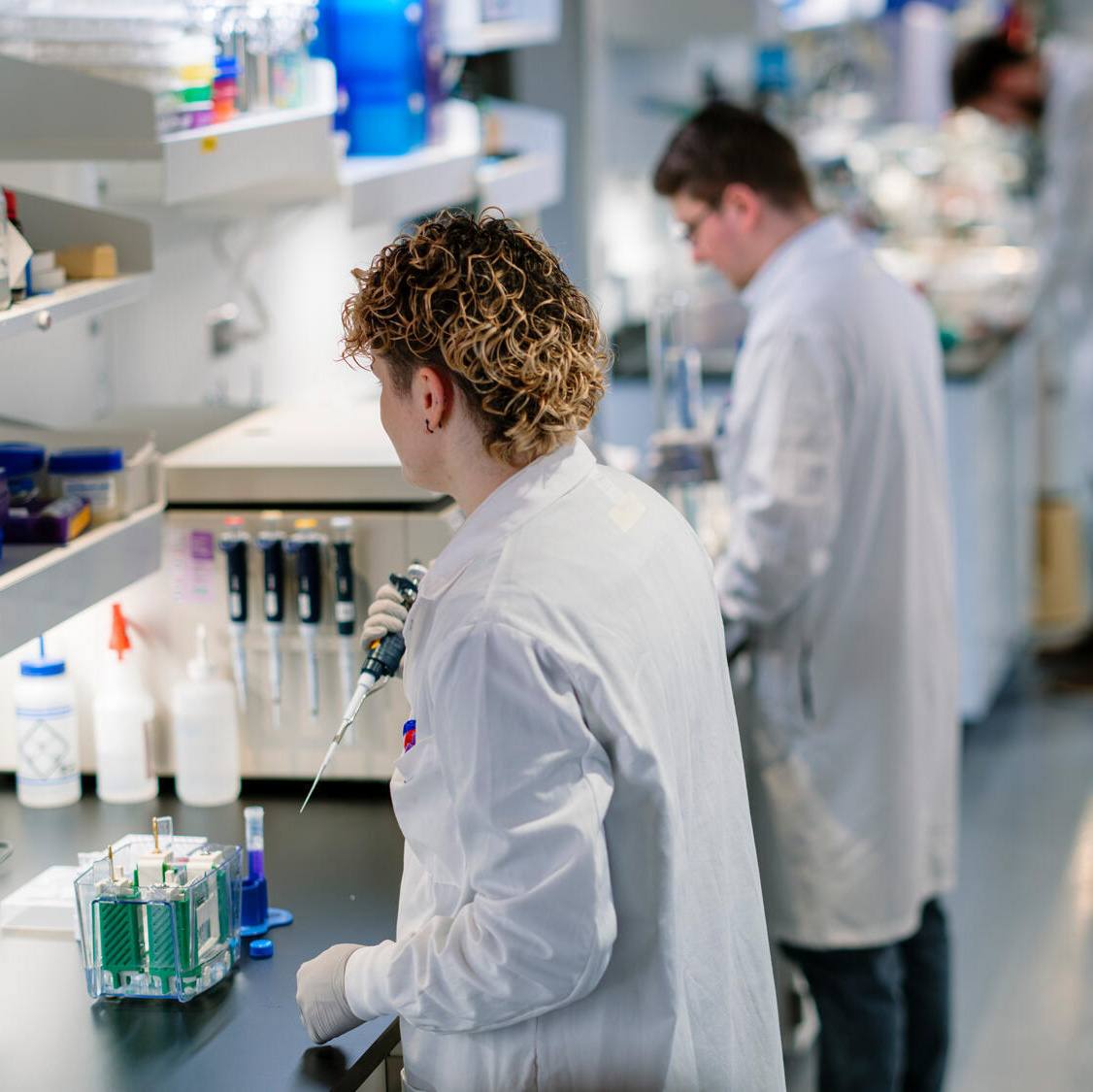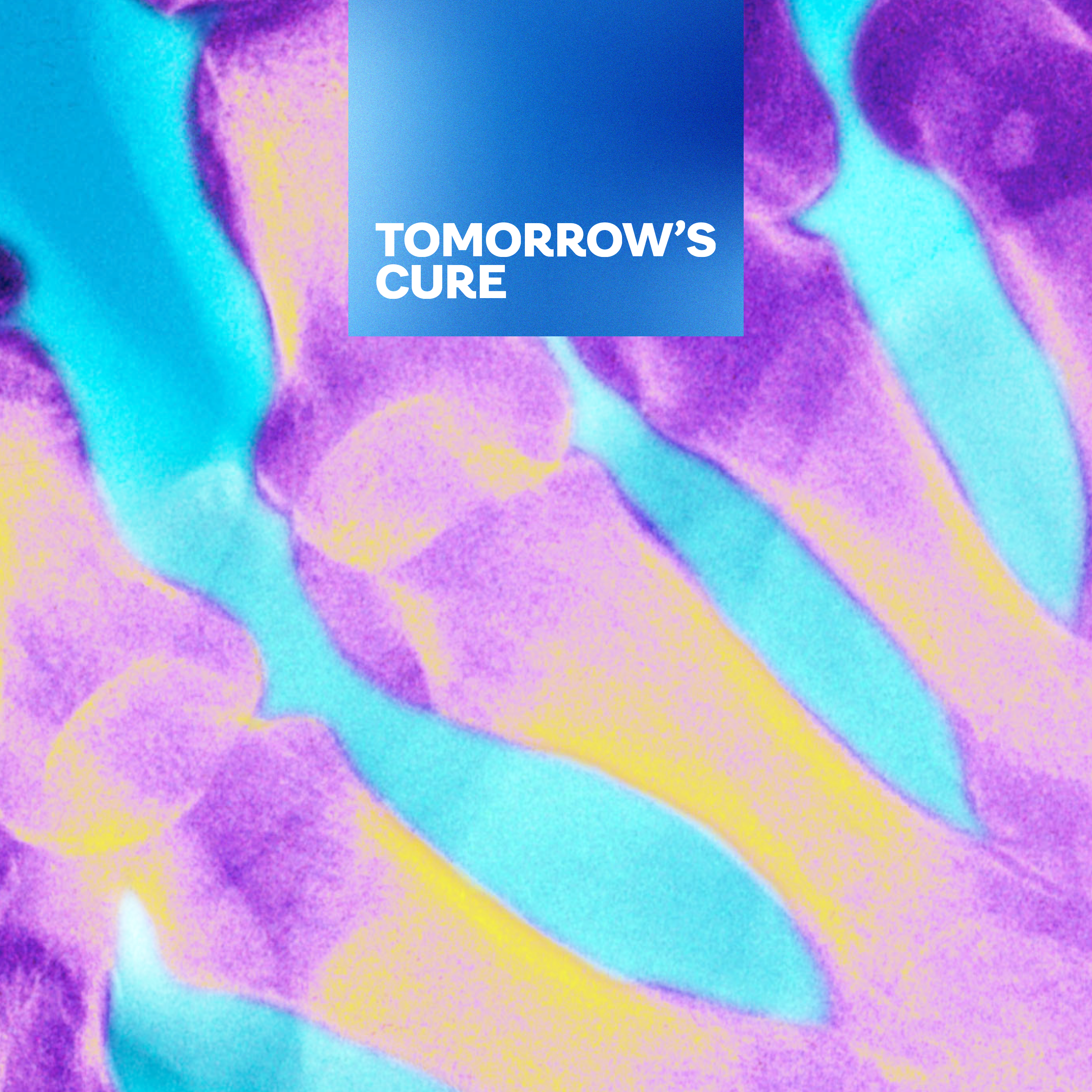-
Research
A rare genetic cause for a common medical condition

By Michael Clayton
Genetic testing for inherited conditions is performed on a patient's DNA taken from either blood, saliva or, rarely, skin biopsy. This information from a person’s DNA can provide diagnostic workup of rare inherited conditions. And together with a comprehensive personal and family history, it can help patients understand how a genetic disorder may affect them and their family.
Diagnosed with diabetes more than a decade ago, Sandy Witbeck has followed the prescribed treatment for her disease. Still, she knew something else was wrong. To find answers, Sandy came to Mayo Clinic in Arizona and met with Dr. Radhika Dhamija, who completed genomic testing on Sandy's DNA based on her personal and family history and suspicion for an inherited disorder. Tests that determined Sandy had a rare mitochondrial disorder.
Watch: A rare genetic cause for a common medical condition
Journalists: Broadcast-quality video pkg (1:57) is in the downloads at the end of the post. Please courtesy: "Mayo Clinic News Network." Read the script.
"I was diagnosed with something that didn't fit, but no one was willing to take any other steps to look at anything else," Sandy says.
Those next steps took her to Mayo Clinic in Arizona for an appointment with Dr. Dhamija, who completed genomic testing on Sandy's DNA. Those tests determined she had a rare mitochondrial disorder.
"Dr. Dhamija was very helpful to me. She's the only one ever to agree to run the test. We found something big. I have mitochondrial disease that has done something to my pancreas of a different nature. So now we have to figure out treatments. And I feel very confident that we'll get there," Sandy says.
"The way we perform genetic testing is take a patient's DNA sample, which could be from saliva or blood. We did DNA testing off her saliva, and we essentially ran her entire whole exome, or the meaningful part of her DNA, which included the mitochondrial DNA. And the answer to her diabetes was in a rare mitochondrial mutation," Dr. Dhamija says.
Genetic testing can reveal changes in your genes that may cause illness or disease. It also can provide information that can be passed down to family members for future treatment or family planning.
"I'm thankful to have taken that next step and literally changed the difference into the future for my family," Sandy says.
"This test result did help us not only provide her with an answer. She has multiple members in her family with clinical history similar to hers, as well as a lot of liver disease that has not been explained. And now we think that this mitochondrial DNA mutation potentially explains that as well," says Dr. Dhamija.
"It's a game changer," Sandy says. "So now we will go forward with my endocrinologist here, and hopefully we find other ways to stabilize my life, make my life better."
Learn more
Read more stories about advances in individualized medicine.
Register to get weekly updates from the Mayo Clinic Center for Individualized Medicine blog.
Join the conversation
For more information, visit Mayo Clinic Center for Individualized Medicine, or Twitter at @MayoClinicCIM.








